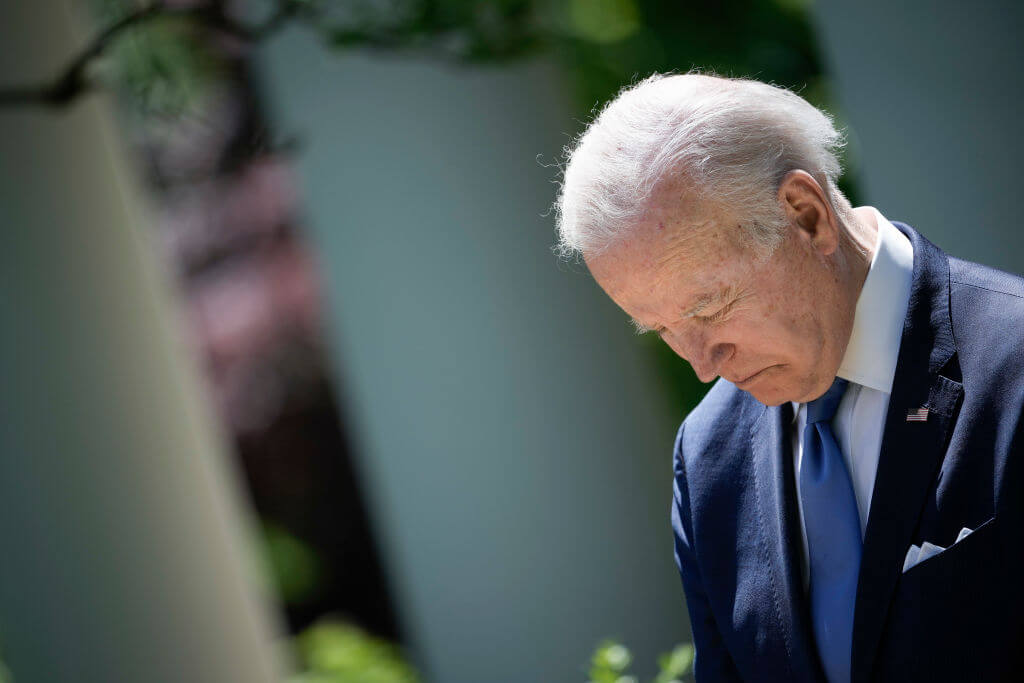Animal Rights Group Invokes Holocaust
Matt Prescott believes there is another holocaust happening today in America — against cows and chickens.
Prescott, 21, is the youth outreach coordinator at People for the Ethical Treatment of Animals, and is one of the brains behind “Holocaust on Your Plate,” an exhibit of posters that pairs images of soon-to-be slaughtered animals with photographs of starved, naked and slaughtered concentration camp victims. The none-too-subtle message of the exhibition, according to PETA, is that the meat and poultry industry operates modern-day death camps.
PETA leaders are attempting to diffuse the expected criticism with a news release, quoting Jewish writers Edgar Kupfer-Koberwitz and Isaac Bashevis Singer, that appeals to the Jewish community to support the exhibit. Nevertheless, the exhibit — next slated to open February 28 in San Diego’s Balboa Park— has aroused the ire of some.
Menachem Rosensaft, a lawyer and the founding chairman of the International Network of Children of Jewish Holocaust Survivors, was incensed when told about the exhibit by the Forward. “The notion is appalling,” said Rosensaft, who led the charge against the “Mirroring Evil: Nazi Imagery/Recent Work” exhibit at New York’s Jewish Museum last year. “But it’s also nothing new. You will recall that pro-life advocates have long made it a habit of equating abortion with the Holocaust and have on numerous occasions placed photographs of Auschwitz and Bergen-Belsen alongside photographs of abortion providers in order to create a visual equivalence. I find those comparisons reprehensible.”
The Anti-Defamation League called the exhibit “the height of chutzpah.”
Roberta Kalechofsky, president of Jews for Animal Rights, also dismissed the exhibit, saying “it obliterates the whole meaning of the Holocaust.”
Prescott, who is Jewish and had relatives who perished in the Holocaust, is unbending about the exhibit, “It’s a very appropriate comparison,” Prescott said. “The starvation, cramped conditions… There’s no denying what animals go through. A hundred thousand pigs die every year through freezing, calves are ripped away from their mothers.… What we are doing to animals… is the same suffering that the Jews went through in the Holocaust.”
According to Prescott, the project was conceived almost entirely by Jews. “The idea [for the exhibit] came from Jewish staff members,” Prescott said. “I think that made the non-Jewish staff more reassured that it was an appropriate topic.” Prescott added that the exhibit was funded by a Jewish donor who has decided to remain anonymous. “The animal rights movement is largely comprised by Jews… I’d say a quarter of the animal rights movement” is Jewish, he said.
“This demonstrates that the stereotype of Jews being smart is on its face, erroneous,” Rosensaft scoffed. “The unfortunate part of it is that it obscures very real concerns that are advocated by animal rights groups.”
Richard Schwartz, the author of “Judaism and Vegetarianism,” defended “Holocaust on Your Plate.” Jews “should be in the forefront of battles for an end to factory farming and for better conditions for both people and animals,” Schwartz wrote in an e-mail to the Forward. “These are basic Jewish mandates that are too often ignored.”
Schwartz thinks that an exhibit like “Holocaust on Your Plate” might prod the rest of the Jewish community into caring for animal rights. “I have found that other approaches do not get people’s attention,” Schwartz said. “People are generally unaware of how the raising of 48 billion animals worldwide annually on factory farms is having so many negative environmental effects on the planet.”
PETA president Ingrid Newkirk has frequently invoked the Holocaust in her writings.
“The comparison was first made by Isaac Bashevis Singer,” Prescott said, paraphrasing a passage from the famously vegetarian Nobel laureate’s novel, “Enemies, a Love Story.” In that passage, the character Herman muses: “In their behavior toward creatures, all men were Nazis. The smugness with which man could do with other species as he pleased exemplified the most extreme racist theories, the principle that might is right.”
The comparison was also made in the 2002 book “Eternal Treblinka” by Holocaust educator Charles Patterson, described as “well-researched” by the Jerusalem Post, which is quoted extensively in the PETA exhibit.
Patterson was somewhat qualified in his support for the exhibit. “I’m basically supportive of the PETA campaign,” he said, but added that the exhibit was “certainly simplistic. I hope this will generate discussion, and if it leads to more discussion then it’s all worthwhile.”
The exhibit is not the first time PETA has put its paw in its mouth concerning Jewish affairs. In January 2001, Newkirk protested when Palestinian terrorists loaded a donkey up with explosives and sent it toward Netzarim Junction in Gaza. The subsequent explosion caused no fatalities — save the donkey. Newkirk, who had never involved herself or PETA in Arab-Israeli affairs before, sent a letter to Yasser Arafat which, according to the Los Angeles Daily News, read: “We have received many calls and letters from people shocked at the bombing… [please] leave the animals out of the conflict.”
“Holocaust on Your Plate,” which will tour universities and community centers, has already made stops in San Jose and Berkeley, where it has not yet ignited any great controversy. “There were various reactions,” Prescott said. “They were more positive in Berkeley, but in San Jose people were [also] very, very interested… [some] were thanking us for being out there.”
“Some people are definitely shocked,” Prescott said. “I think it’s because the Holocaust is so taboo, seeing massive photos of death [is] offensive to people; but the Holocaust happened because people turned a blind eye to cruelty.”
A message from our Publisher & CEO Rachel Fishman Feddersen

I hope you appreciated this article. Before you go, I’d like to ask you to please support the Forward’s award-winning, nonprofit journalism so that we can be prepared for whatever news 2025 brings.
At a time when other newsrooms are closing or cutting back, the Forward has removed its paywall and invested additional resources to report on the ground from Israel and around the U.S. on the impact of the war, rising antisemitism and polarized discourse.
Readers like you make it all possible. Support our work by becoming a Forward Member and connect with our journalism and your community.
— Rachel Fishman Feddersen, Publisher and CEO























